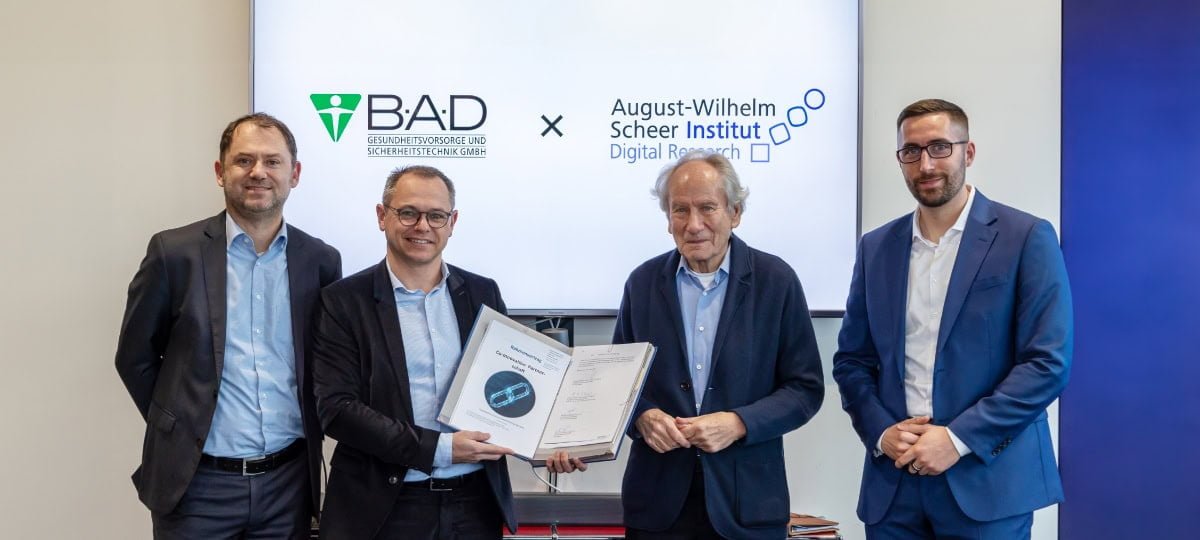It all comes down to the right tools


The interesting aspect of these fears: In most cases, jobs are not being cut, but people are experiencing an upgrade and change in their work. They have the chance to learn new skills. The result is more innovative, higher-quality products and more satisfied customers and employees. Innovation is a valuable commodity and process automation is an important component of it.
How can decision-makers in the company best work on the building block of process automation? Everyone needs tools to move forward, but not all tools are created equal. Some decision makers resist end-to-end digital solutions because they think Robotic Process Automation (RPA) or their ERP provide enough automation. But is Robotic Process Automation alone enough for automation?
Process streamlining
The use of RPA has become the de facto choice thanks to its proven results in driving efficiencies in tedious, easily repeatable processes. What RPA can't do, however, is fill in the pesky manual gaps that require more complex judgment and prevent decision makers from achieving widespread digital transformation. Full business process cycles are far more complex, and AI technology support is needed to mimic the way humans think, analyze, and decide on the appropriate next course of action.
Today, most companies have an electronic tool to automate certain business processes, for example, an ERP system such as SAP or other business applications. While these are great tools for streamlining O2C or P2P processes, there are numerous challenges that they cannot solve end-to-end. In today's business environment, it is no longer enough for an automation solution to integrate with an ERP such as SAP technology. Above all, it must demonstrate the power of such integration. By supplementing ERP systems with AI-driven automation solutions, companies can better master even complex business transactions and relieve the burden on staff.
Fill gaps
Business processes require intelligence that constantly evaluates, learns, and optimizes actions and outcomes to make better and better decisions. In today's enterprises, this intelligence is typically human, but that is changing.
Incorporating AI into process automation meets three business needs that are important in the long term. The first is adaptability: With machine learning capabilities, AI-based recognition tools can continuously learn and improve process efficiency. They can capture necessary information regardless of its location on, say, an order form, allowing workflow to continue without interruption. The second requirement met is scalability: as the company and the number of customers and suppliers grow, the variants in order and invoice forms quickly become unmanageable. They can no longer be managed with RPA alone. Here, AI technology can learn from the corrections the user has made to previous orders or invoices (or other documents) and apply them to similar forms in the future.
This leads to a lower error rate and gives the team more time for more strategic activities. Also, the incorporation of AI leads to a broader scope of application. AI-based process automation can be applied to a variety of business cases, such as analyzing data or identifying potential process improvements. For example, AI can detect anomalies in the process and data, such as unusually large or small order quantities on a customer order compared to its history. These AI-based functions run automatically in the background for all customers, orders, or receivables and are not dependent on extraction rules that must always be recoded.
RPA is widely used today, but only together with AI can the future of process automation be shaped. The benefits of digital investment must keep pace with the speed of change. That's what makes automation so attractive - the results are as successful as the will to change.





